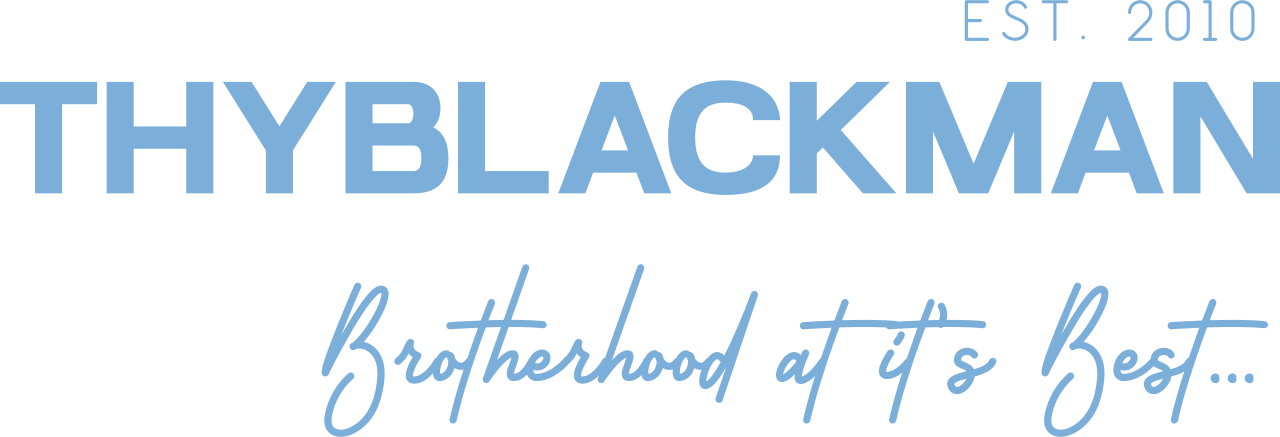(ThyBlackMan.com) When it comes to managing money, many people feel overwhelmed or unsure where to start. Financial literacy is essential for navigating the complexities of budgeting, saving, investing, and preparing for retirement. Fortunately, there’s a wealth of resources available to help you educate yourself about finances, even if you’re starting from scratch. Whether you’re interested in understanding debt consolidation organizations or simply want to learn how to budget better, the journey to financial literacy can be both empowering and rewarding. Let’s explore how you can kick-start your financial education and build a solid foundation for your financial future.

Why Financial Education Matters
Understanding your finances is crucial for several reasons. First and foremost, financial education helps you make informed decisions about your money. Without it, you might find yourself falling into debt, struggling to save, or missing out on opportunities for growth. Here are some key benefits of becoming financially literate:
- Empowerment: Knowledge gives you the power to take control of your financial situation. When you understand concepts like budgeting, credit scores, and interest rates, you can make choices that align with your goals.
- Debt Management: Learning about debt management can help you avoid common pitfalls. For instance, understanding how debt consolidation organizations work can provide you with options for managing your debt effectively.
- Future Planning: Financial literacy enables you to plan for the future, whether it’s saving for a home, funding your children’s education, or preparing for retirement. The sooner you start planning, the better off you’ll be in the long run.
Starting Your Financial Education Journey
Getting started on your financial education journey doesn’t have to be complicated. Here are some effective ways to learn more about personal finance:
- Read Books and Articles
One of the best ways to learn about finances is to read books and articles. Look for titles that cover a range of topics, from basic budgeting to investing strategies. Some classic personal finance books include “The Total Money Makeover” by Dave Ramsey and “Rich Dad Poor Dad” by Robert Kiyosaki. Many articles are available online for free, covering everything from saving tips to understanding credit scores. - Listen to Podcasts
Podcasts have become a popular medium for learning, and there are countless shows focused on personal finance. Whether you prefer discussions about budgeting, investing, or financial independence, there’s something for everyone. Some popular podcasts include “The Dave Ramsey Show,” “ChooseFI,” and “Money Girl.” Listening while commuting or doing household chores makes it easy to absorb valuable information. - Watch YouTube Videos
YouTube is a treasure trove of financial education resources. You can find videos on nearly every finance topic imaginable, from how to create a budget to investment strategies. Channels like “Graham Stephan” and “The Financial Diet” offer practical advice and tips in a relatable format. Watching videos can be a fun and engaging way to learn.
Utilizing Free Online Resources
In addition to books, podcasts, and videos, there are many free resources available online that can enhance your financial education:
- Websites and Blogs
Numerous financial websites and blogs offer in-depth articles, guides, and tools. Sites like NerdWallet, Investopedia, and The Motley Fool provide information on everything from credit scores to investment advice. These platforms often break down complex topics into easily digestible content. - Online Courses
Websites like Coursera, edX, and Khan Academy offer free courses on personal finance, budgeting, and investing. Many of these courses are taught by experts and provide valuable insights into financial concepts. Completing a course can give you a structured approach to learning about finances. - Community Resources
Check out local libraries or community centers for financial literacy programs or workshops. Many organizations offer free classes on budgeting, debt management, and other financial topics. These programs can connect you with others who are on the same journey and provide you with valuable support.
Building a Financial Education Plan
As you dive into your financial education, it’s essential to create a plan to guide your learning. Here are some steps to consider:
- Set Specific Goals
Think about what you want to achieve with your financial education. Are you looking to get out of debt, save for a home, or learn how to invest? Setting specific goals will help you focus your learning efforts. - Create a Study Schedule
Just like any other subject, consistency is key. Set aside time each week to read, listen to podcasts, or watch videos about personal finance. Having a regular study schedule will help you stay on track and make steady progress. - Apply What You Learn
Knowledge is most effective when put into practice. As you learn about budgeting, savings, and investments, start applying these concepts to your own financial situation. Create a budget, open a savings account, or start investing a small amount. The more you practice, the more confident you’ll become.
Seeking Professional Help
While self-education is vital, don’t hesitate to seek professional help if needed. Financial advisors can provide personalized guidance tailored to your specific circumstances. If you’re struggling with debt, debt consolidation organizations can help you explore options for managing and reducing your debt effectively.
- Finding a Financial Advisor
When looking for a financial advisor, consider their qualifications, experience, and whether they have a fiduciary duty to act in your best interest. Many advisors offer free consultations to discuss your needs and see if they’re a good fit. - Working with Debt Consolidation Organizations
If you’re facing significant debt challenges, research debt consolidation organizations that can assist you in finding a suitable plan. They can help you understand your options and create a manageable repayment strategy.
Staying Committed to Learning
Financial education is an ongoing process. The more you learn, the more equipped you’ll be to make informed decisions about your finances. Here are some tips to help you stay committed to your financial education journey:
- Join Online Communities
Participate in online forums or social media groups focused on personal finance. Engaging with others who share similar goals can provide motivation and accountability. - Keep Up with Financial News
Stay informed about changes in financial regulations, markets, and trends by reading financial news. This knowledge can enhance your understanding and help you make informed decisions. - Celebrate Your Progress
As you achieve your financial education goals, take the time to celebrate your progress. Recognizing your achievements will keep you motivated and excited about continuing your journey.
Conclusion: Take Charge of Your Financial Future
Educating yourself about finances is one of the most empowering steps you can take toward achieving financial stability. By exploring various resources, setting goals, and applying what you learn, you’ll build a solid foundation for managing your money effectively. Whether you’re looking to reduce debt, save for the future, or invest wisely, financial literacy will equip you with the tools you need to succeed. So take that first step, start learning, and watch how your financial confidence grows!
Staff Writer; James Jones
















Great Article Mr. Jones
I do agree that our African American community must become responsible and take the necessary steps to become a financially stable community. Individualism in our community should not be part of our thinking; but, we must do everything in our power to educate ourselves to become financially stable as a person and or family and then afterwards work together with other African American to make our community independent and financially stable, so we will not rely on the hands out of racist America.
The Best for every black men , women and LGBT to accomplish our financial freedom is by investing our money in black businesses only and depositing our paychecks in black owned banks and financial institutions. It is in the best interest of all African Americans, Afro -Caribbeans and Afro-Latinos to take our black dollars out of racist banks such as Wells Fargo, Bank of America, Chase etc.. and take our wealth and money to be deposited in financial institutions that are owned and operated by black people loyal to the black cause and the empowerment of our community in order to have a future for our Black Children.
Remember there are over 21 African American owned bank and financial institutions in the United States, There are over 150 HBCU’S that we should use t oeducate our black children. We must only relied on our black community for whatever we need such as having a black doctor, a black dentist, a black mechanic, a black tutor, a black financial advisor, a black tax preparer, a black gardeners, a black handyman and everything that we need should be accomplished and perfomre by our own people in the same that other races such as asians, Hispanics, middle eastern etc.. use their own people for their needs.
Likewise, African Americans should stop spending their money on Holidays and stop celebrating any European Holidays that does not really have the interest of Black America but instead all they want from us is our black dolars. We must also stop spending our money on materialistic items that have no value our purpose for the betterment of our community. Black America must learned to separate and segregate from racist America and create our own Black Wall Street economy like the one we had in the past before the crazy racist white men came and burn it down to the ground while killings thousands of men, women and chidlren who attempted to defene their property with their bare hands. Indeed, and that is the reason why every black men, women and LGBT should be armed and have concealed weapons permit to defend ourselves from those racist bastards..
It is time for black people to keep our generational wealth within our community by only marrying our black people and not swirling with other races that only want our wealth and our blood. it is time to become financially stable and succeful by working together with our fellow black brother and sisters in order to win this battle against the forces of evil AKA white racist people and their allies.